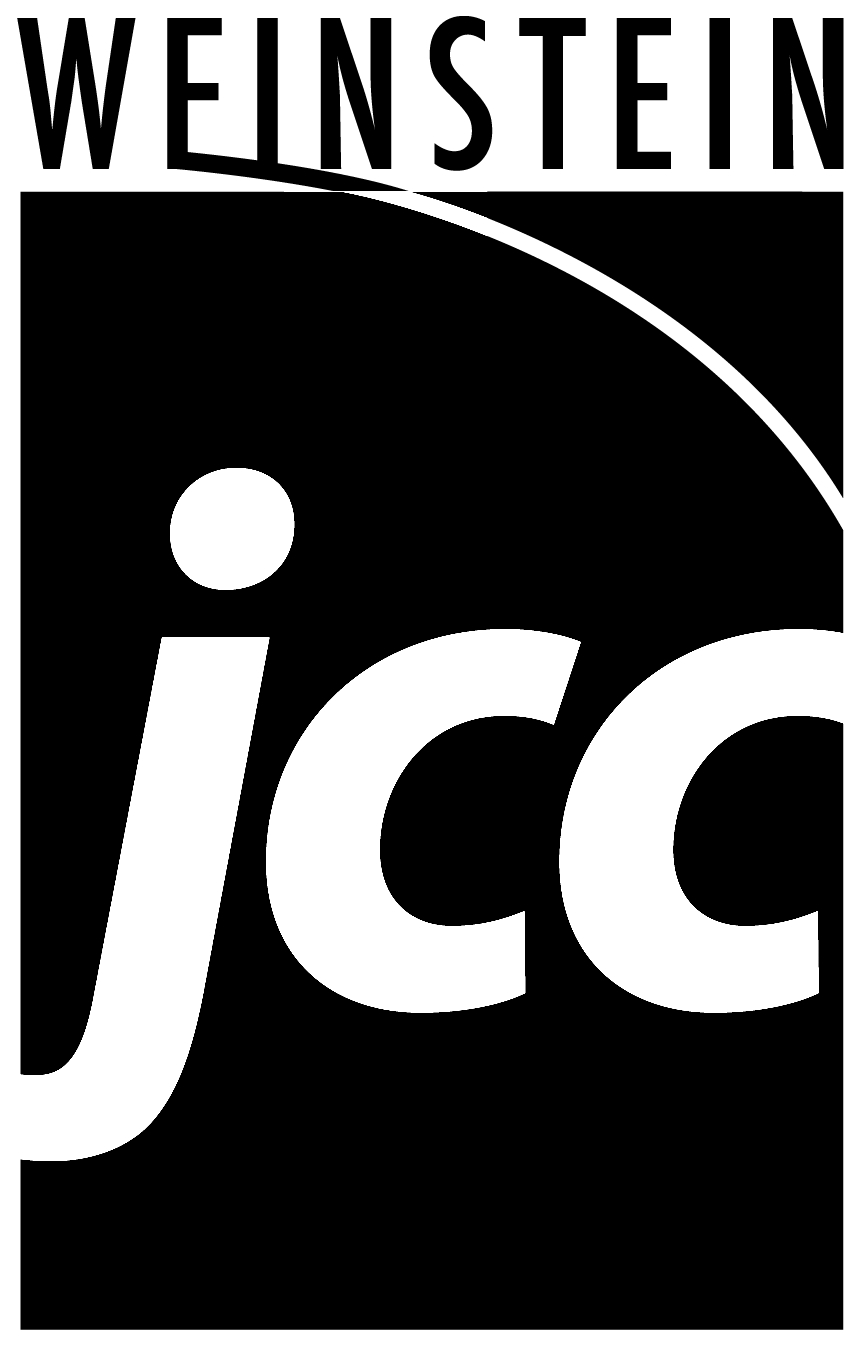What is surcharging and should your business do it?
If you accept any kind of credit card payment, you may have heard of surcharging. It’s the practice of adding an additional charge to a customer’s purchase to cover the fees a payment processor requires for processing credit cards.
While it may seem like a win for you, the merchant, it’s not a completely problem-free practice.
In this article, we take a look at this practice. Should your business consider it? What are the pros and cons?
Why do some merchants surcharge?
Every time a customer swipes their Visa, Mastercard, American Express, or other kind of credit card, you incur a processing fee. These are called interchange fees. According to Quickbooks, the following variables impact a merchant’s interchange fees:
- The credit card company
- The type of card being used – i.e., whether it’s a rewards card, a business card, etc.
- How the transaction is processed – POS, over the phone, or online.
- The price of the product or service.
- The type of business of the merchant.
- Whether the transaction is domestic or international.
Likewise, rates change twice a year, in April and October.
Interchange fees are just one of the many fees merchants are charged to be able to accept credit card payments.
How does surcharging work?
Without surcharging, that fee lies squarely on the merchant.
If you’re looking to pass that expense onto the customer, you have two kinds of surcharging options; brand or product surcharging. Brand surcharging adds a charge every time a customer uses a card from a specific credit card provider; some merchants may add a surcharge, for example, on Visa purchases, but not Discover purchases. Surcharging on the product level, however, only adds surcharges on certain types of cards under a specific brand. Merchants may choose one option, but not both.
Surcharging is subject to different laws in different regions.
As you can imagine, in order to protect the consumer, surcharging is heavily regulated. In some places, it is not legal at all.
In fact, in the United States, surcharging is illegal in Connecticut, Maine, and Massachusetts. In Canada, service fees can only be added on certain kinds of transactions.
For the regions where surcharging is a legal practice, merchant are beholden to a surcharging cap. These vary by area, but often fall around 4%. The caps are put in place to prevent merchants from making profit from surcharges.
No matter where you are, if you surcharge, your business is subject to rules of disclosure. Merchants must disclose their intention to surcharge ahead of a transaction, and at multiple touchpoints while a customer is in the store. This includes such notices as a sign notifying the business’ surcharging practice at the store entrance, as well as at the point-of-sale. The surcharge dollar amount should also be clearly visible on the customer’s receipt.
While these practices keep surcharging ethical, they can also be off-putting to some customers, who only see the addition of a fee they might not completely understand.
Does surcharging save your business money?
There is no simple answer to this question. It can, but it depends on your business and your customers.
According to Evolve Payment, “[i]f your industry is a ‘race to the bottom’ where the lowest price wins, then surcharging is likely to hurt more than it helps. This is especially true in B2B industries with corporate contracts.”
For some businesses, adding fees like surcharges is going to be more common practice and expected by the customer. In other industries, it might hurt your chance of making a sale.
Fortunately, there are other strategies.
So your credit card processing fees are eating into your revenue, but you don’t think surcharging is the right move for your business. Not to worry – there are other things you can do to ease the expenses.
For example, instead of surcharging, many businesses offer cash discounting. In this practice, merchants discount the price of purchase if the customer pays with anything other than a credit card. And, while surcharging isn’t legal continent-wide, cash discounting is.
Cash discounting is only possible if you have a certain amount of wiggle room on your markup pricing. However, when it is an option, it certainly is a bonus for customer experience.
Another tactic is setting a minimum for credit card payments. Depending on your rates, it may not be profitable to offer credit card payments under a certain dollar amount.
Another strategy is working to reduce your overall merchant services spend. Part of this is exploring what options are available to you among multiple vendors, knowing rates are fair, and how to negotiate for the best price. A cost reduction professional who specializes in merchant services might be your best asset if you take this route.
In conclusion…
As Evolve Payment says, “surcharging is, at the end of the day, passing business expenses onto your customers.”
While it has the potential of saving you money on your variable expenses, it’s not always a great strategy optically. Offering cash payment incentives, working to reduce your overall merchant services fees, and ensuring you’re paying the correct rates, are alternative strategies to reduce your spend while keeping customers happy







